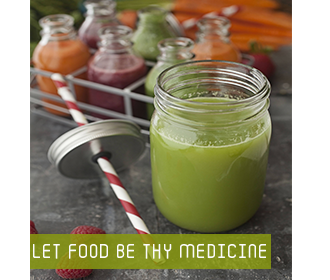Many athletes feel a dip in energy, especially mid-afternoon. Poor sleep, skipping meals or eating low-quality foods, and pressure to perform can cause many athletes to try energy drinks. We may associate energy drinks with university-aged students, but young children and teenagers are increasingly consuming these dangerous beverages.
While most of us realize that energy drinks are a poor choice in comparison to say, water, many youth (especially teens), think energy drinks are the same as sports drinks. And while these energy drinks are used to boost energy, a whole host of consequences come from them, such as:
- Unhealthy behavior: In a recent study of 2,739 adolescents, teens who drank energy drinks (and especially boys) had higher videogame use, drank more sugary beverages over all, and smoked more often than teens who did not regularly drink energy drinks.
- Poor health: Energy drinks are linked to an increased risk of diabetes, seizures, cardiac abnormalities, mood/behavioural disorders, and caffeine overdoses. In fact, one report from 2007 states that 46% of caffeine overdoses occurred in teenagers under the age of 19.
And what about those ‘healthy’ additions to energy drinks? While energy drinks may contain some vitamins, they usually also contain:
- Guarana: Guarana works by stimulating the nervous system, but because it is high in caffeine, consumers are at an increased risk for caffeine overdose.
- Sugar: Sugar is widely known to negatively affect cardiac health, promotes development of type II diabetes, and increased risk for obesity.
- Very high amounts of caffeine. Caffeine can cause irritability, nervousness, nausea, and heart palpitations-and some products contain up to 350 mg of caffeine (about 10 times what you’d find in your average can of caffeinated pop). And many children find the bright-coloured packaging and small can size appealing in the refrigerator-leading to many children accidentally ending up in the emergency room. In fact, children under 6 accounted for more of half of energy drink-related toxicology cases involving child illnesses in the United States.
And, in conjunction with B vitamins, the body can become over-stimulated and over-stressed. This is why it is very important to monitor your child’s beverage consumption, and give healthful options like:
- Fresh-pressed juices (always add a vegetable for extra vitamins!)
- Smoothies, with energy-packed additions like nuts and berries.
- Water! Water is a great thirst-quencher and can make those 4 p.m. dips more tolerable.










